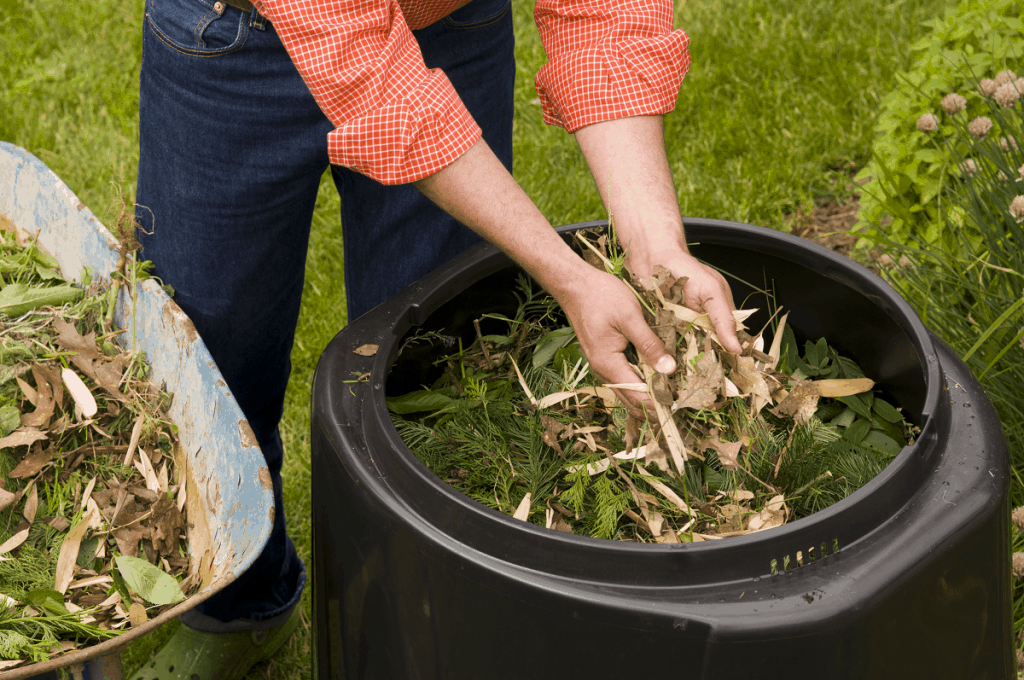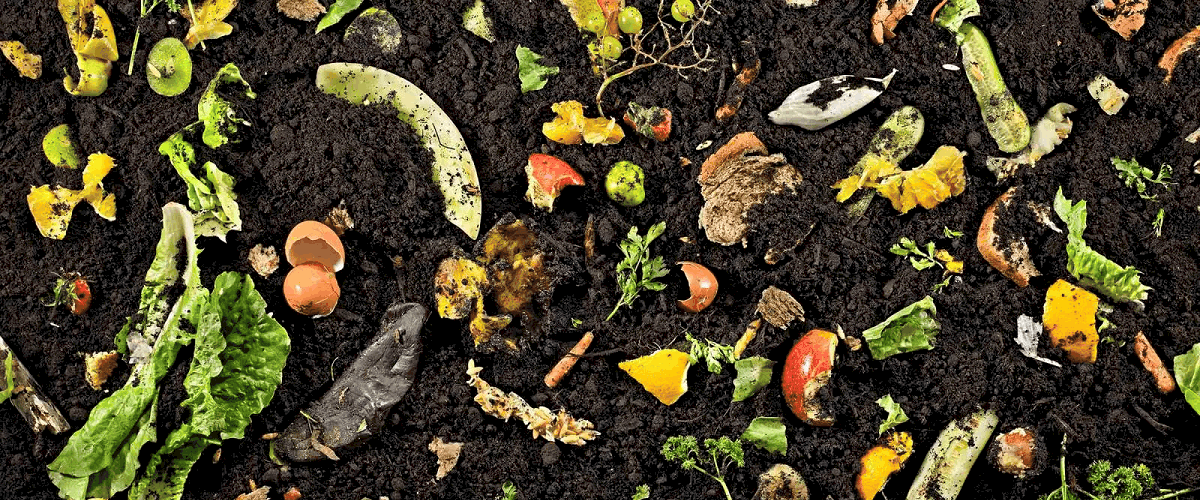When waiting for the fall of society, one seldom thinks about composting. But maybe they should. The simple practice can help reduce waste while generating helpful materials for a garden.
What Is Composting Exactly?
To put simply: composting is taking certain biodegradable material that we would otherwise toss out and putting it together in a pile to be converted into compost through decomposition. This material is a nutrient-rich soil-like material. It’s great for fertilizing soil or mulching gardens.
How to Compost
Composting is easy, but not as easy as you might think. It’s broken down into having three things: green compost, brown compost, and water.
- Green Compost: these are things like foods and plant matter. When broken down, they release nitrogen. about 1/3rd of your compost should be made up of these.
- Brown Compost: A majority of your compost will be made of this. It includes twigs, dried leaves, paper, and uncoated cardboard. These release carbon in decomposition and help create a loamy soil in the end.
- Water: it’s gotta be wet.
Below is a list of common examples of both Green and Brown material.
If you’re composting from a container and not in a backyard pile, a common recommendation is to have a lid to keep animals out. But be sure to drill holes in the container if there aren’t any. Airflow helps promote decomposition.
The Ratio
Here’s the important part. There needs to be a healthy ratio of Green and Brown material to make a compost that effectively decomposes without stinking up the place. A common recommendation is 30% Green and 70% Brown.
If you find that the compost is starting to smell, add more Brown material. If decomposition isn’t occurring and heat isn’t being generated, you might need more Green material. Fortunately, you can’t really mess up. If the ratio is wrong, you just add more.
Why Preppers Should Compost
Compost is a natural fertilizer that you can make with an off-the-grid lifestyle. If you’re growing crops, you should compost. It’s as simple as that.

What You Shouldn’t Compost
Not everything can be tossed in a bucket and be expected to turn to fertilizer. Some things shouldn’t be composted either because they don’t break down or because they will risk ruining your compost.
The general rule is anything not biodegradable and anything that attracts disease or wild pests. Here are some of the biggest examples.
- Meat
- Metal
- Plastic
- Oil
- Rubber
- Dairy
- Charcoal
- Chemicals
- Animal Waste (If they can eat meats)
- Weeds
- Anything covered in the items above
Examples of Compostable Items
Brown Compost
- Leaves
- Sticks/Wood
- Dead Plants
- Paper
- Cotton
- Cardboard
Green Compost
- Fruits
- Vegetables
- Coffee grounds/Tea Leaves
- Eggshells
- Plant Trimmings
- Herbivore Waste
Source: Environmental Protection Agency

